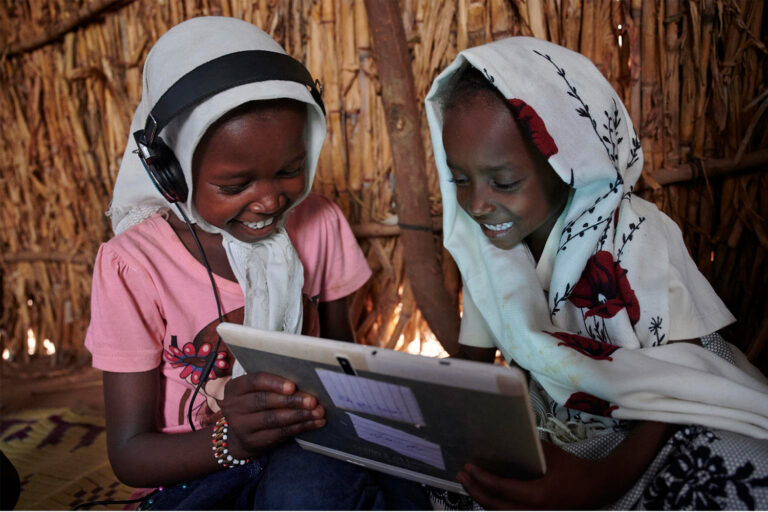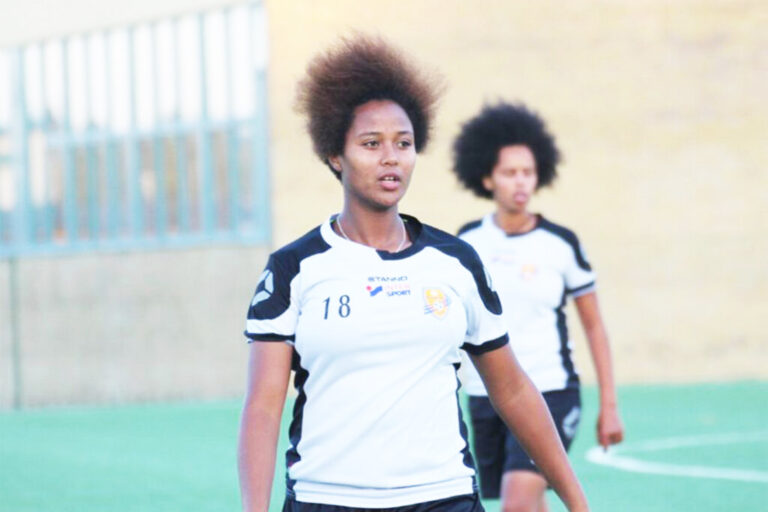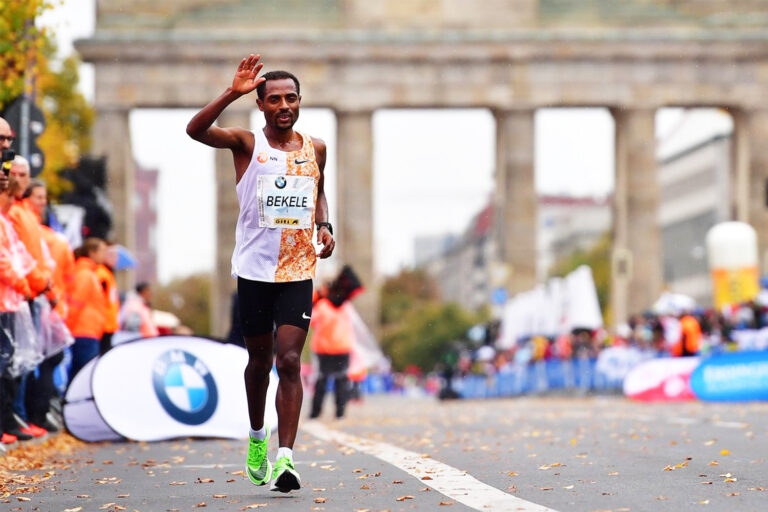Q. How long has Ericsson been operating in Africa and Ethiopia?
We have been present in Africa for more than 120 years, with our first entry onto the continent in Ethiopia in 1894 followed quickly by the first fixed-line exchanges installed in South Africa and Kenya in 1896. As a company that remained invested in Africa for generations, we have seen the growth in fixed-line communications, early mobile communication, GSM, 3G and 4G.
Ericsson has done business in Ethiopia for a long time and our next big breakthrough occurred during the 1950s when Ericsson started to supply 500-point switching systems. Ethiopia ordered its first crossbar switching exchange in 1961, and Ericsson continued to supply equipment for the large-scale installation of automatic exchanges.
Five years later a relatively large exchange with 10,000 subscriber lines went into service in Addis Ababa, the capital city. Ericsson opened a technical office in Addis Ababa in the following year. Ericsson established a representative office in Ethiopia in 1997, in conjunction with the installation of a 280,000-line AXE system. This was part of a major project partly financed by SIDA, the Swedish International Development Authority.
In 2014, we signed a framework agreement on 2G/3G mobile communication equipment and related services – such as design, planning, deployment, tuning, and optimization – with Ethio Telecom and continue to support our customer and the people of Ethiopia in the development of mobile broadband.
Q. What opportunities and challenges does the ICT sector present for Ethiopia?
Bridging the digital divide in Ethiopia can be achieved by investing and developing internet access at mobile broadband speeds for consumers in remote areas. Beyond the coverage-related challenges, rural communities face penetration-related challenges. Closing or reducing the digital divide requires both coverage and penetration-related initiatives – especially in a world where demand has changed because of the pandemic.
Ethiopia has come a long way in its digitisation journey – from mobile telephony to broadband, and from connecting to digitising key economic sectors, jobs, education, healthcare, government and society in general.
The development of ICT infrastructure is an integral part of Ethiopia’s growing economy and has proved to be an essential driver of an inclusive information society that integrates digitization in all critical aspects of life, such as education, transport, health, energy and many more.
According to our Ericsson Mobility Report, by 2025, in Sub-Saharan Africa mobile broadband subscriptions will increase to reach around 70 percent of mobile subscriptions, with increased 4G coverage and uptake being the main engine. Driving factors behind this shift include a young and growing population and availability of lower priced smart and feature phones.
Q. What is Ericsson’s promise to Africa and Ethiopia?
Tackling the digital divide, continuing to build a robust ICT infrastructure, promoting sustainability, innovation, education and entrepreneurship will be critical for maximizing the role of technology in boosting resilience and inclusive growth in Africa. By achieving that, Africa will experience a paradigm shift on all levels with new game-changers such as e-health, e-government and e-education; the African society will accelerate into a much economically advanced nation. However, collaboration between the different stakeholders in the ecosystem becomes even more important than ever to achieve this vision.
Our promise and commitment towards Africa and Ethiopia are to always support a world where digitalization is transforming the eco-system; enabling sustainable growth, economic development and opening up opportunities for all.
To accelerate our promise to Ethiopia and achieve a true impact, we are looking forward to supporting our customers in their quest, bringing our latest innovations, leveraging our global and African skill and scale to the benefit of Ethiopia’s digital development.
#AfricaInMotion






